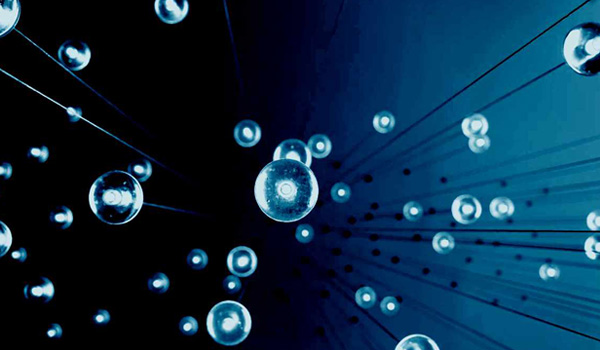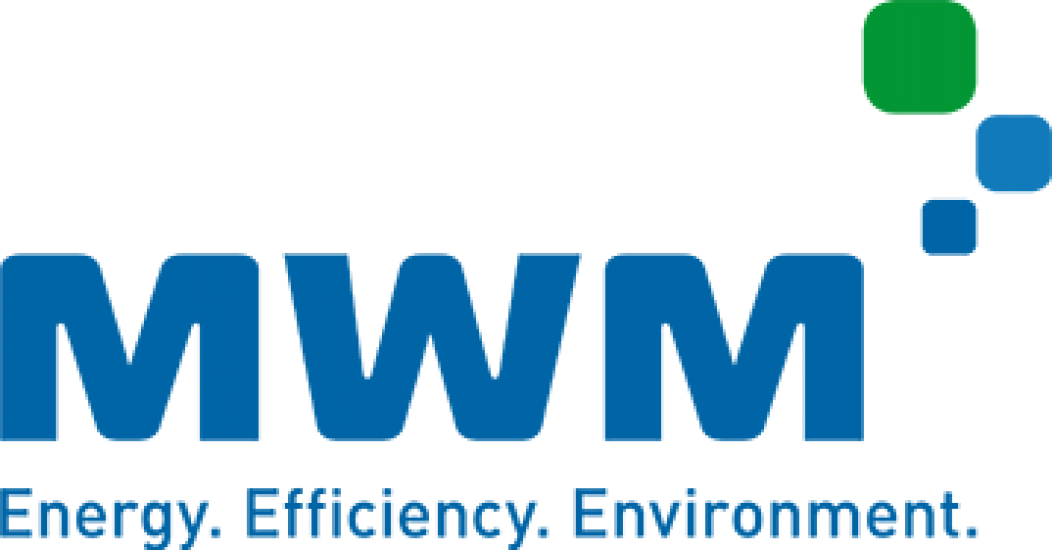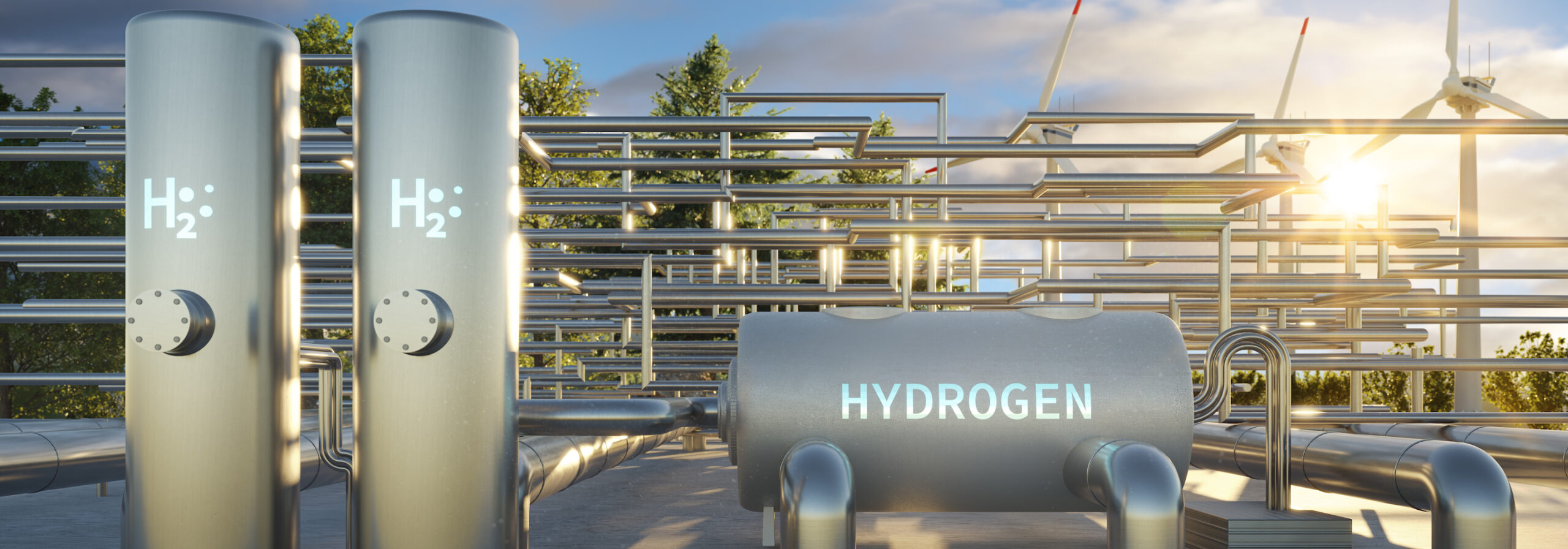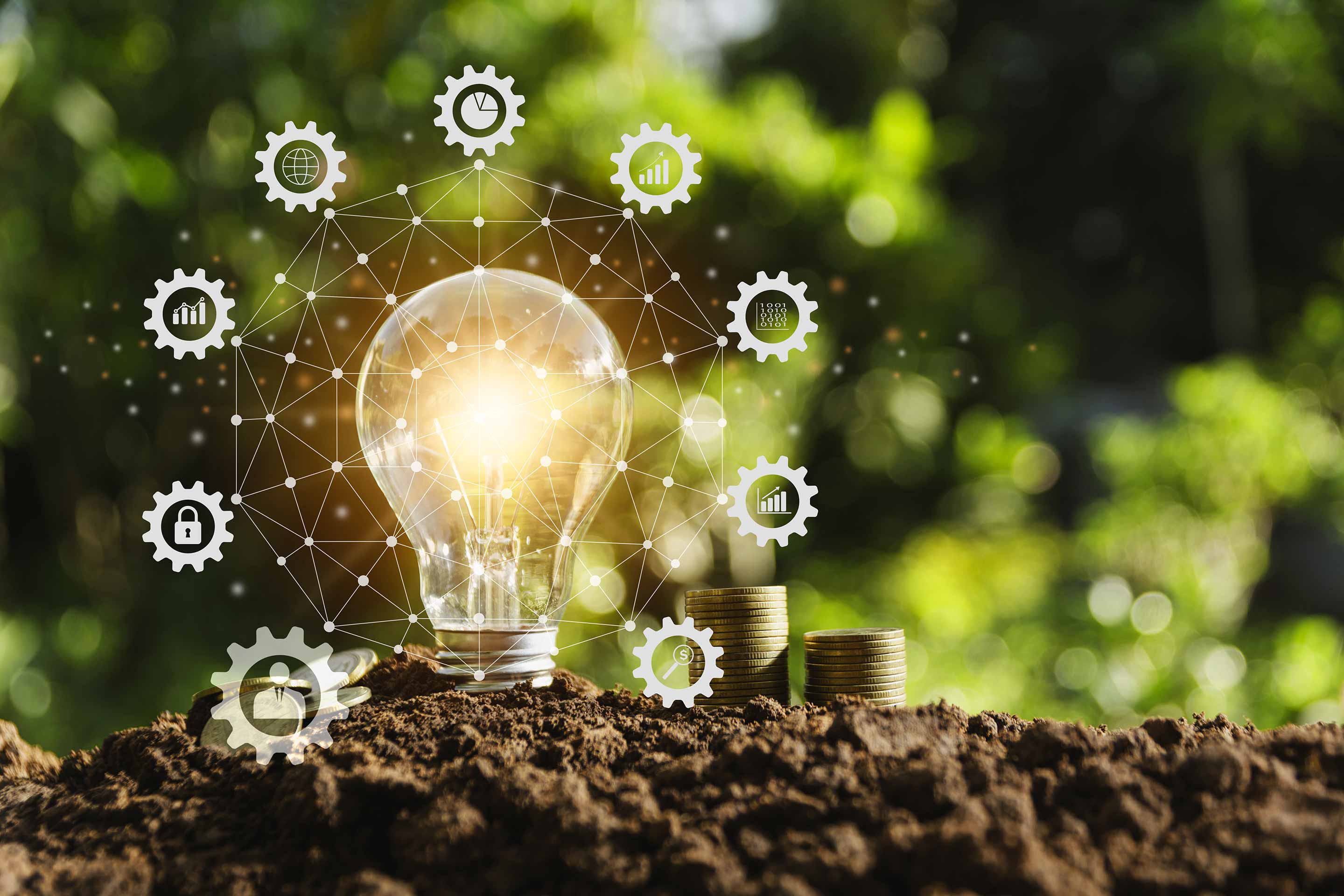
Distributed energy systems offer new opportunities and perspectives for businesses. As a result of the energy reform and the increasing use of renewable energies, the decentralization trend in Germany is on the rise. Highly flexible cogeneration power plants that are driven by gas engines play a key function in the transition from fossil fuels to renewable energies.
Higher Energy Efficiency Through Distributed Power Generation
Combined heat and power generation in cogeneration power plants enables a higher level of energy efficiency of the power generation. Distributed plants that are close to the consumers allow the distribution of the accumulating heat to households as well as industrial and commercial facilities via district heat networks.
Thus, distributed energy plants that make use of renewable energies usually create less environmental pollution. Cogeneration works best with a medium degree of centralization: The units should not be too small, while the territory should not be too large.
Economical Use of Resources
Compared to separate power and heat generation, distributed energy generation with the help of combined heat and power plants enables more economical and sustainable use of fuel resources. What is more, distributed energy generation in the immediate vicinity of the consumer reduces energy transportation losses. Owing to the standalone operation, uninterrupted, reliable power supply is possible even in the event of a grid outage.
Photo: ©️ Skye Studios, Unsplash
Articles in the Category: Distributed Energy Systems
Energy Generation in Wunsiedel: Decentralized, Autonomous, Sustainable
The Wunsiedel energy park produces heat and power from renewable energies for the local population. To store the green electricity generated, the park’s electrolysis plant produces green hydrogen, which is converted into electricity whenever needed, thus guaranteeing security of supply.
MWM Energy Blog: Review of the year 2020
The year 2020 is approaching its end. On this occasion, we would like to thank the readers of the MWM Energy Blog for their positive feedback on the launch of our blog.
Hydrogen – an Innovative Solution Concept of the Energy Reform
To achieve the adopted climate protection goals and climate neutrality, hydrogen is to be used as an energy source of the future. For this purpose, the Federal Cabinet has issued the National Hydrogen Strategy. As an alternative to fossil energy sources, hydrogen is to reduce especially the carbon emissions of the industry and of transportation.
Proactively Ensuring the Future of Energy
Our society’s welfare depends on an operable energy supply framework. Without power, heat, and mobility, we would not be able to maintain our standard of living. Therefore, the objective of the energy reform is to ensure reliable, economically viable, and eco-friendly energy support. Read our posts on this topic in our MWM Energy Blog.





Latest Comments